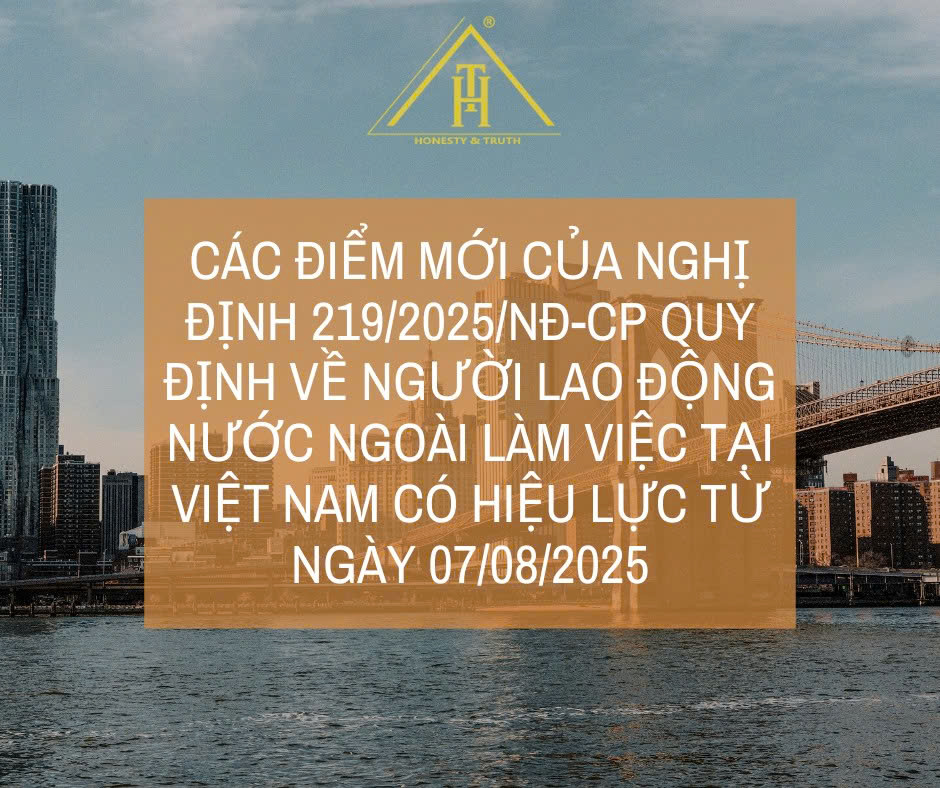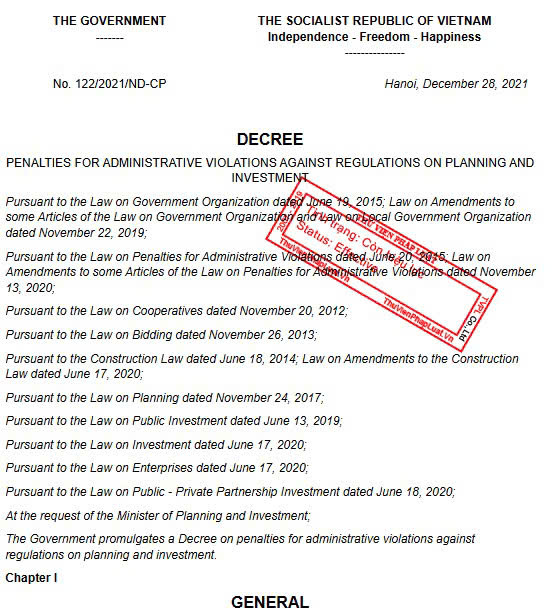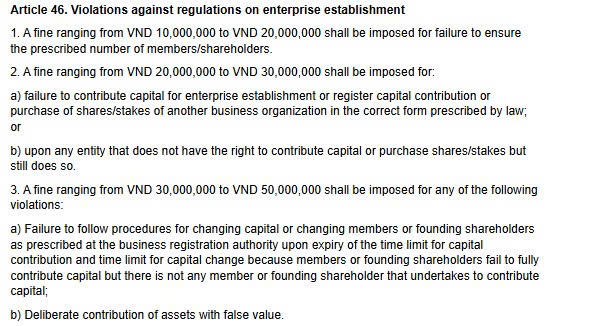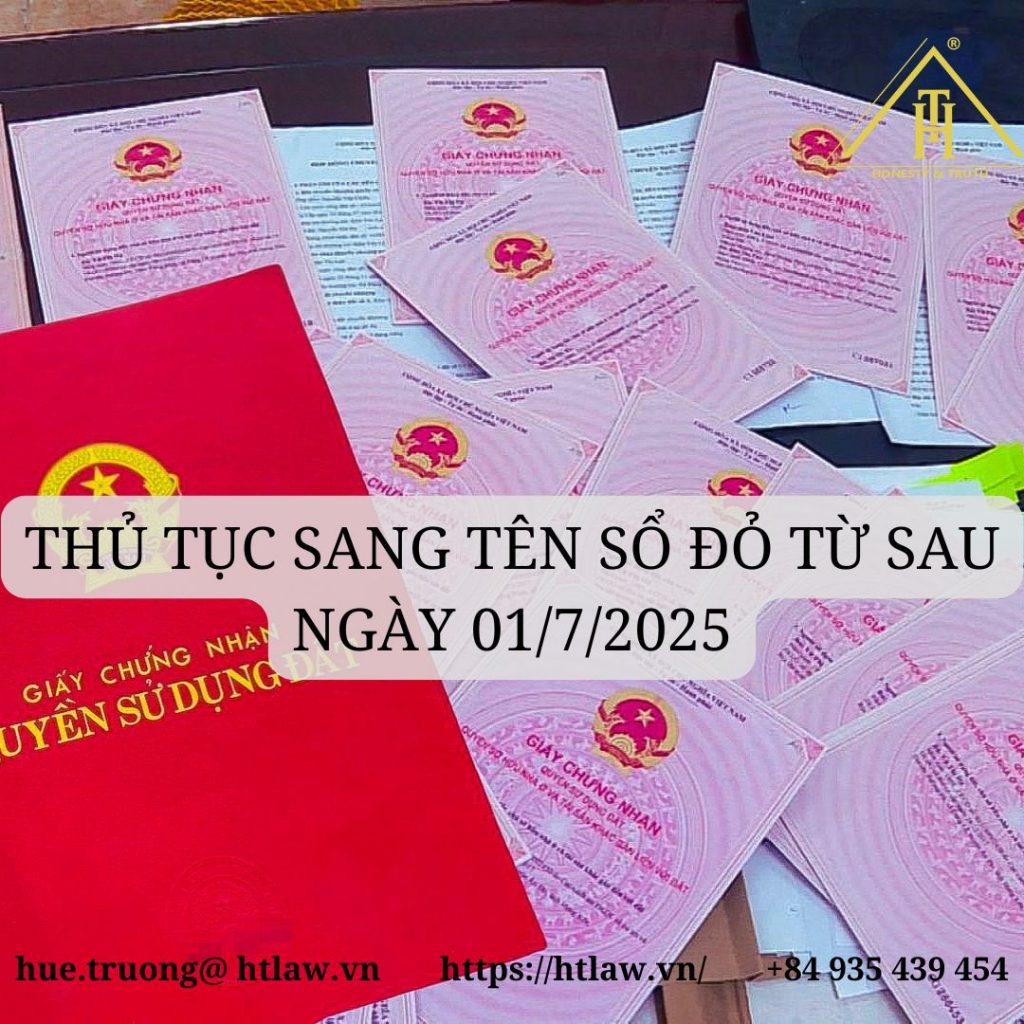Thứ nhất: Về điều kiện cấp GPLĐ cho chuyên gia được nới lỏng
Cụ thể căn cứ khoản 3 Điều 3 Nghị định 219/2025/NĐ-CP, chuyên gia là người:
– Có bằng đại học trở lên và ít nhất 2 năm kinh nghiệm làm việc phù hợp; hoặc
– Có bằng đại học và ít nhất 1 năm kinh nghiệm nếu làm trong các lĩnh vực đặc thù như: khoa học, công nghệ, đổi mới sáng tạo, chuyển đổi số quốc gia hoặc lĩnh vực ưu tiên phát triển kinh tế – xã hội.
Trước đây, theo khoản 3 Điều 3 Nghị định 152/2020/NĐ-CP, mọi trường hợp chuyên gia đều yêu cầu tối thiểu 3 năm kinh nghiệm làm việc phù hợp.
Thứ hai: Thay đổi về cơ quan cấp giấy phép lao động cho người nước ngoài
Theo Điều 4 Nghị định 219/2025/NĐ-CP quy định thẩm quyền cấp, cấp lại, gia hạn, thu hồi giấy phép lao động và giấy xác nhận không thuộc diện cấp giấy phép lao động như sau:
- Ủy ban nhân dân cấp tỉnh có thẩm quyền cấp, cấp lại, gia hạn, thu hồi giấy phép lao động và giấy xác nhận không thuộc diện cấp giấy phép lao động đối với người lao động nước ngoài làm việc cho người sử dụng lao động có trụ sở, chi nhánh, văn phòng đại diện hoặc địa điểm kinh doanh tại địa phương nơi người lao động nước ngoài dự kiến làm việc.
Trường hợp người lao động nước ngoài làm việc cho một người sử dụng lao động tại nhiều tỉnh, thành phố trực thuộc trung ương, Ủy ban nhân dân cấp tỉnh nơi người sử dụng lao động có trụ sở chính có thẩm quyền cấp, cấp lại, gia hạn, thu hồi giấy phép lao động và giấy xác nhận không thuộc diện cấp giấy phép lao động.
- Ủy ban nhân dân cấp tỉnh quyết định việc phân cấp cho cơ quan có thẩm quyền thực hiện việc cấp, cấp lại, gia hạn, thu hồi giấy phép lao động và giấy xác nhận không thuộc diện cấp giấy phép lao động theo quy định của pháp luật.
Do vậy, UBND cấp tỉnh vừa là cơ quan cấp phép giấy phép lao động cho người nước, vừa có thể phân cấp cho các cơ quan chuyên môn trực thuộc thực hiện.

Thứ ba: Có thể cùng lúc hồ sơ xin Giấy phép lao động và hồ sơ xin Lý lịch tư pháp trên Cổng Dịch Vụ Công Quốc Gia (DVCQG)
Tại khoản 3 Điều 6 Nghị định 219/2025/NĐ-CP bổ sung quy trình liên thông thực hiện đồng thời thủ tục cấp giấy phép lao động và Phiếu lý lịch tư pháp trên Cổng Dịch vụ công quốc gia.
Theo đó, người sử dụng lao động có thể nộp cùng lúc hai loại hồ sơ qua trực tuyến:
– Hồ sơ đề nghị cấp giấy phép lao động;
– Hồ sơ đề nghị cấp Phiếu lý lịch tư pháp (theo ủy quyền từ người lao động nước ngoài).
Quy trình liên thông được vận hành giữa Cổng DVCQG, cơ quan cấp giấy phép lao động (thuộc UBND tỉnh) và cơ quan công an cấp Phiếu lý lịch tư pháp. Kết quả là giấy phép lao động và Phiếu lý lịch tư pháp bản điện tử sẽ được trả về đồng thời.
Thứ tư: Bổ sung thêm các trường hợp người nước ngoài không cần giấy phép lao động
Tại Điều 7 Nghị định 219/2025/NĐ-CP quy định 15 trường hợp người nước ngoài không cần giấy phép lao động tại Việt Nam
Cụ thể đã bổ sung thêm trường hợp người nước ngoài làm việc trong các lĩnh vực tài chính, khoa học, công nghệ, đổi mới sáng tạo, chuyển đổi số quốc gia, lĩnh vực ưu tiên phát triển kinh tế – xã hội, được các bộ, cơ quan ngang bộ hoặc UBND cấp tỉnh xác nhận.
Thứ năm: Người nước ngoài làm việc dưới 90 ngày/năm không thuộc diện cấp GPLĐ
Cụ thể điểm a khoản 13 Điều 7 Nghị định 219/2025/NĐ-CP, người lao động nước ngoài làm việc tại Việt Nam có tổng thời gian làm việc dưới 90 ngày trong một năm (tính từ ngày 01/01 đến hết 31/12) không thuộc diện cấp giấy phép lao động.
Tuy nhiên, theo khoản 4 Điều 9, doanh nghiệp sử dụng lao động trong trường hợp này phải gửi thông báo bằng văn bản đến cơ quan có thẩm quyền trước ít nhất 03 ngày làm việc.
Trước đây, theo khoản 2 Điều 7 Nghị định 152/2020/NĐ-CP cũng miễn GPLĐ cho trường hợp dưới 30 ngày/lần và không quá 90 ngày/năm, nhưng không quy định rõ trách nhiệm thông báo.
Thứ sáu: Thay đổi về việc thông báo đối với trường hợp không cần giấy xác nhận miễn GPLĐ
Theo khoản 4 Điều 9 Nghị định 219/2025/NĐ-CP quy định:
Trường hợp quy định tại các khoản 4, 5, 6 và 8 Điều 154 của Bộ luật Lao động, quy định tại các khoản 2, 3, 5, 8, 10 và điểm a khoản 13 Điều 7 Nghị định này không phải làm thủ tục cấp giấy xác nhận không thuộc diện cấp giấy phép lao động nhưng phải thông báo với cơ quan có thẩm quyền cấp giấy xác nhận không thuộc diện cấp giấy phép lao động nơi người lao động nước ngoài dự kiến làm việc trước ít nhất 3 ngày làm việc, kể từ ngày người lao động nước ngoài dự kiến bắt đầu làm việc tại Việt Nam.
Thông báo gồm các nội dung cơ bản sau: họ và tên, ngày tháng năm sinh, quốc tịch, số hộ chiếu, tên người sử dụng lao động nước ngoài, địa điểm làm việc và thời hạn làm việc.
Trước đây, khoản Điều 8 Nghị định 152/2020/NĐ-CP trường hợp không phải làm thủ tục cấp giấy xác nhận không thuộc diện cấp giấy phép lao động phải báo cáo với Bộ Lao động – Thương binh và Xã hội hoặc Sở Lao động – Thương binh và Xã hội.
Thứ bảy: Được cấp GPLĐ tại một tỉnh được làm việc ở nhiều địa phương
Theo quy định tại khoản 5 Điều 22 Nghị định 219/2025/NĐ-CP cho phép:
– Người lao động nước ngoài đã có GPLĐ được phép làm việc tại nhiều tỉnh, thành phố trực thuộc trung ương;
Tuy nhiên, trước mỗi lần di chuyển làm việc tại tỉnh/thành khác, doanh nghiệp phải thông báo trước ít nhất 03 ngày làm việc đến cơ quan có thẩm quyền tại địa phương nơi người lao động dự kiến làm việc.
Thứ tám: Bổ sung căn cứ xác định thời hạn giấy phép lao động và giấy xác nhận
Tại Điều 21 Nghị định 219/2025/NĐ-CP quy định thời hạn của GPLĐ và giấy xác nhận miễn GPLĐ không quá 02 năm;
Căn cứ theo thời hạn của các loại giấy tờ như: hợp đồng lao động, văn bản cử đi công tác, thỏa thuận quốc tế, giấy phép hoạt động của doanh nghiệp…
Khoản 1 Điều 10 Nghị định 152/2020/NĐ-CP cũng giới hạn tối đa 02 năm, nhưng không liệt kê đầy đủ các loại căn cứ xác định thời hạn như Nghị định 219/2025/NĐ-CP.
Thứ chín: Mở rộng về căn cứ thu hồi giấy phép lao động và giấy xác nhận miễn GPLĐ
Theo Điều 30, 32 Nghị định 219/2025/NĐ-CP quy định các trường hợp bị thu hồi GPLĐ hoặc giấy xác nhận không thuộc diện cấp GPLĐ bao gồm:
– Giấy tờ hết hiệu lực;
– Người lao động, doanh nghiệp vi phạm nghĩa vụ cấp, gia hạn hoặc sử dụng sai mục đích GPLĐ;
– Người lao động nước ngoài bị khởi tố, truy cứu trách nhiệm hình sự;
– Doanh nghiệp chấm dứt hoạt động;
– Có văn bản của bên cử lao động thông báo ngừng làm việc.
Để tiết kiệm thời gian tìm hiểu các thủ tục, điền form mẫu, công chứng, chờ đợi nộp hồ sơ, các bạn có thể liên hệ HT để được tư vấn và hỗ trợ về Giấy phép lao động
Liên hệ với chúng tôi
- Email: hue.truong@htlaw.vn
- SĐT: +84 935 439 454.

























